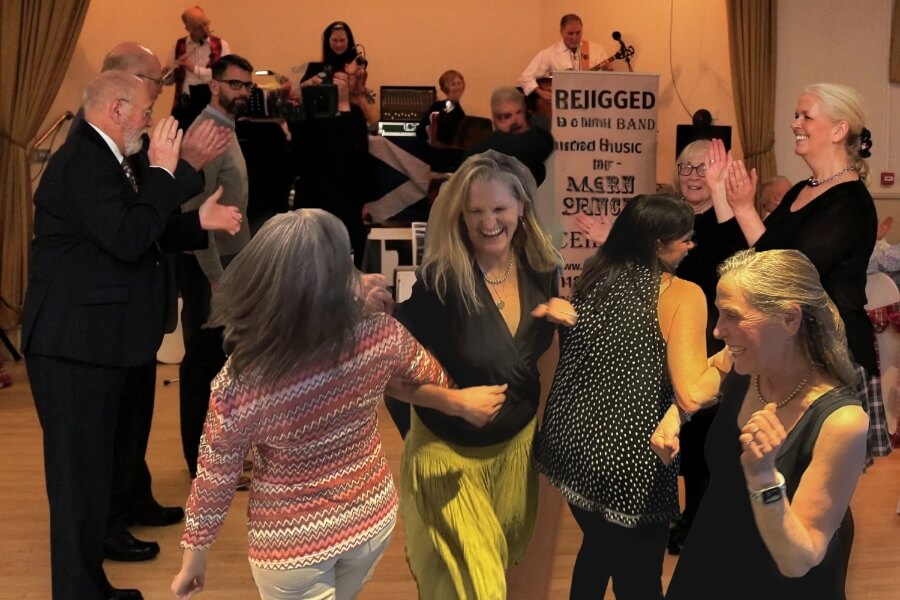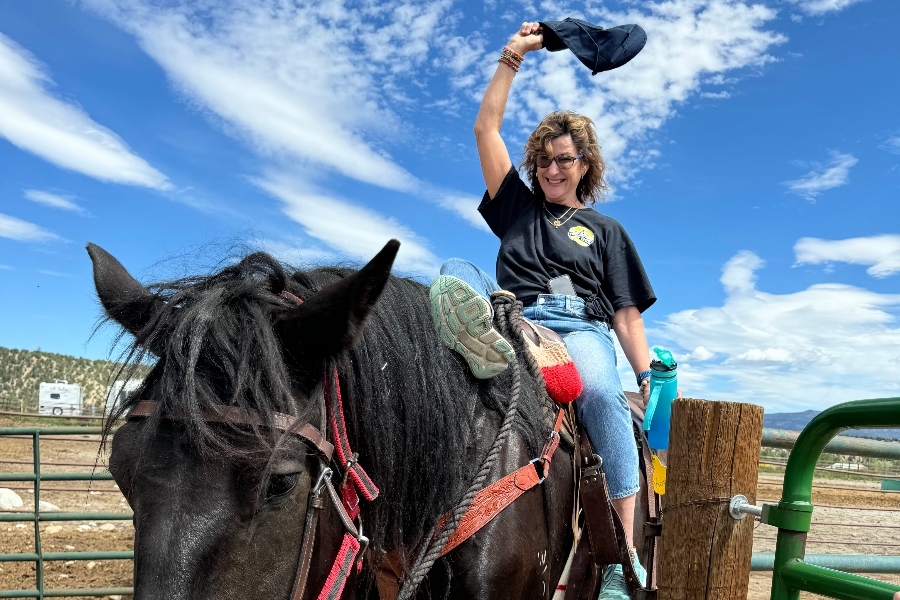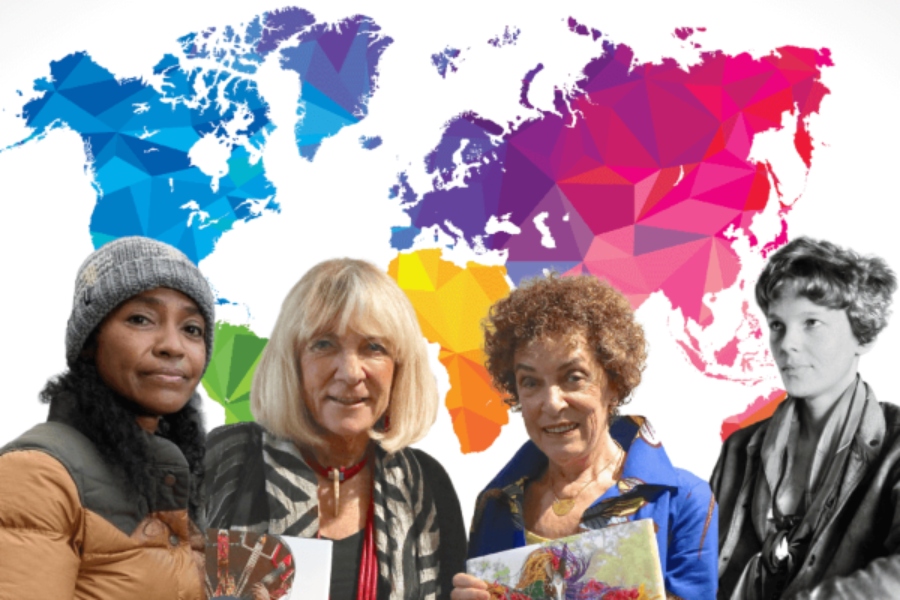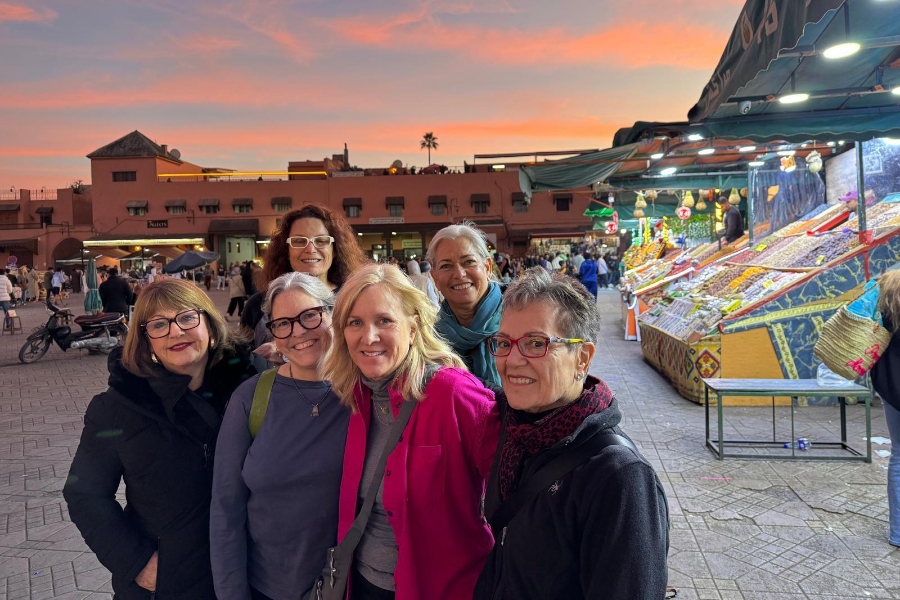It’s a bit ironic that the feminist thinker and prolific author bell hooks insisted on using all lowercase letters for her name because her prowess and influence are such that the letters actually should be in ALL CAPS.
Earlier this week, hooks died at the age of 69–a second death this week that has left us shaking our heads in sorrow. Born Gloria Jean Watkins on Sept. 25, 1952, in Hopkinsville, Ky., hooks took the name of her beloved great grandmother for her writing and chose to go without capital letters to emphasize, she often said, the “substance of books, not who I am.”
But who she was led to the substance of her books (more than three dozen), which in turn led to important shifts in society. She instigated the movement that would become intersectional feminism—how women of varying ages, classes, races, and sexual orientation experience discrimination in vastly different ways.
Read More: Before Rosa Parks, Lucille Times Was Paving the Way: A Tribute
The Girl Gloria
The fourth of seven children, hooks was an early and voracious reader. “Gloria learned to read and write at an early age and even proclaimed she would be famous one day,” her sisters said in a statement released after her death. “Every night we would try to sleep, but the sounds of her writing or page turning caused us to yell down to Mom to make her turn the light off.”
Ain’t I A Woman remains a radical and relevant work of political theory.
After graduating from Stanford University in 1974 with a degree in English literature, she went on to earn a master’s degree in English from the University of Wisconsin in 1976 and a doctorate in literature from the University of California, Santa Cruz, in 1983, with a dissertation on Toni Morrison.
While still in college she began writing Ain’t I a Woman: Black Women and Feminism, which was published in 1981. Its title was borrowed from a speech by the Black abolitionist Sojourner Truth. “A devaluation of Black womanhood occurred as a result of the sexual exploitation of Black women during slavery that has not altered in the course of hundreds of years,” she wrote.
The book was groundbreaking. “Ain’t I A Woman remains a radical and relevant work of political theory,” Min Jin Lee wrote in an appreciation in the New York Times in 2019. “hooks lays the groundwork of her feminist theory by giving historical evidence of the specific sexism that black female slaves endured and how that legacy affects black womanhood today.”
Taking on Betty Freidan
In Feminist Theory: From Margin to Center, hooks criticized Betty Friedan for focusing only on upper-class, married white women with families in the Feminine Mystique. hooks asserts that feminism has failed if we do not include non-white women, unmarried women, poor women, and women who do not have children. It’s an argument that the feminist movement has generally tried to address over the years, with debatable success.
Her brand of feminism wasn’t angry. In fact, it was just the opposite.
Though willing to take on injustices with fervor, her brand of feminism wasn’t angry. In fact, it was just the opposite.
In a 2000 interview with All Things Considered, hooks spoke about the life-changing power of love, meaning how love is far broader than romantic sentiment. “I’m talking about a love that is transformative, that challenges us in both our private and our civic lives,” she said. “I’m so moved often when I think of the civil rights movement, because I see it as a great movement for social justice that was rooted in love and that politicized the notion of love, that said: Real love will change you.”
Read More: Never Underestimate a Mother’s Fierceness: Gwen Carr’s Rise to Power





















0 Comments